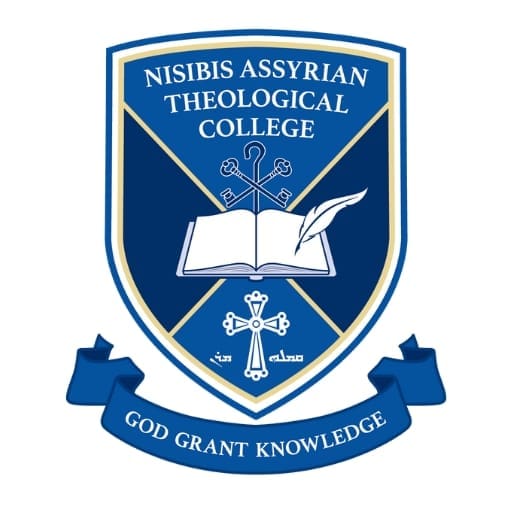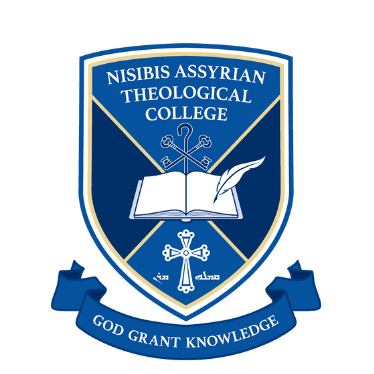Unit code T9276
Unit name Contemporary Hermeneutics and the Patristic and Medieval Reading of Scripture
Unit weighting 9 cp
Prerequisites 9 cp in theology (Professor Gerard Moore, AUCD Theology discipline coordinator, 17 July 2025)
Curriculum objective This graduate course unit surveys the main hermeneutical trends and themes within the Christian tradition, from the early Christian centuries to the end of the Middle Ages. It examines various ways of engaging Scripture from a comparative perspective and with reference to the ‘hermeneutical turn’ in contemporary scholarship, equipping the students with the necessary hermeneutical tools.
Learning outcomes At the end of this unit students will be able to:
- Appraise the historical and cultural contexts of the various trends in traditional hermeneutics.
- Demonstrate a comprehensive understanding of the main methods and themes pertaining to traditional hermeneutics.
- Analyse samples of traditional engagement with Scripture.
- Demonstrate professional scholarly practice utilising the tools of contemporary hermeneutics.
- Contextualise and critique the relevance of recent developments in hermeneutics for the understanding of the various traditional ways of engaging Scripture.
Content
- From the historical-critical method to the ‘hermeneutical school’
- From the ‘hermeneutical school’ back to the traditional ways of engaging Scripture
- Scriptural interpretation: The early Christians
- Scriptural interpretation: The Medieval Tradition
- Traditional interpretation, the historical-critical method and the ‘hermeneutical school’: a way forward
Assessment profile In this unit, the required assessment tasks will enable students to demonstrate how successfully they can:
- Reflect critically upon the relevant literature by way of e.g. summaries, reviews or short essays. (Outcomes 3 and 4)
- Investigate, analyse and synthesise the main trends and themes in traditional hermeneutics by e.g. writing an essay on a particular aspect. (Outcomes 1, 2 and 3)
- Evaluate the traditional ways of engaging Scripture from the viewpoint of contemporary hermeneutics by e.g. writing an essay on a given topic. (Outcomes 4 and 5)


